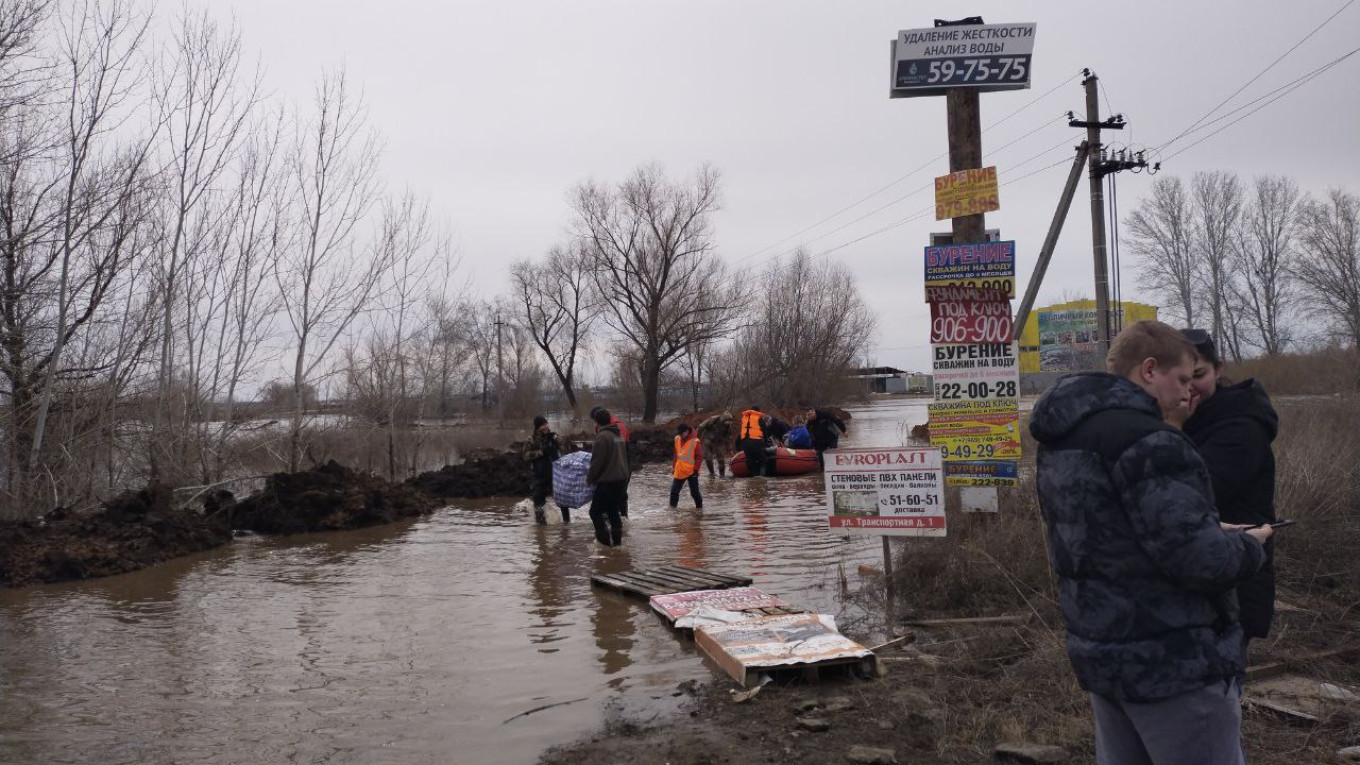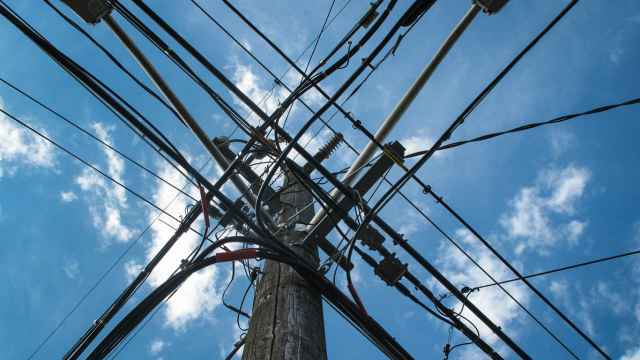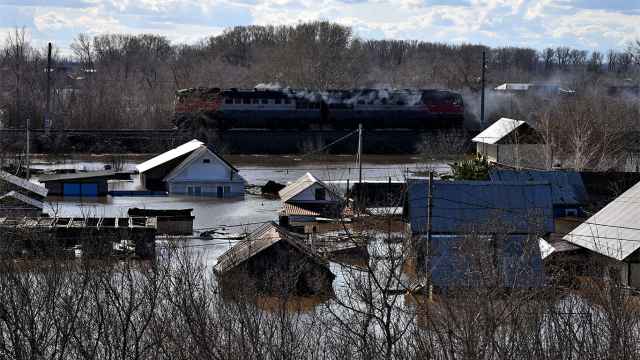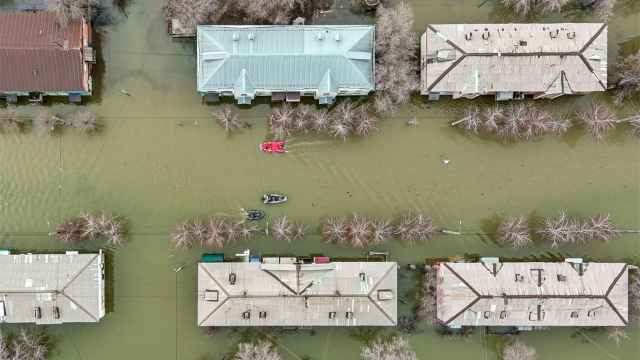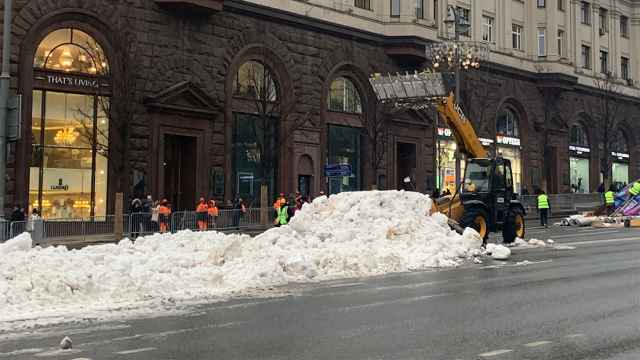Russia on Saturday said it had evacuated almost 4,500 people in the Orenburg region in the southern Urals due to flooding after a dam burst.
Emergency services worked through the night after a dam burst in the city of Orsk, near the border with Kazakhstan, on Friday.
The press service of the Orenburg governor said "4,402 people, including 1,100 children" had been evacuated and more than 6,000 homes were affected by the flooding after torrential rain.
President Vladimir Putin ordered Emergency Situations Minister Alexander Kurenkov to the region, a Kremlin spokesman said late Saturday.
Authorities also opened a criminal case for "negligence and violation of construction safety rules" over the burst dam, which was built in 2014.
Authorities said the situation was difficult throughout the region, warning of a dangerous water level on the Ural River in the main city of Orenburg.
The mayor of the city of half a million people, Sergei Salmin, said authorities would forcibly evacuate people from flooded zones if necessary.
He said the water level of the Ural River had risen to dangerous levels and would rise further.
"The situation leaves you no choice. At night, the river can reach a critical level," he said. "I call on everyone in the flooded zone to leave their houses immediately.
"There is no time for convincing," he added, saying that "those who refuse to leave the danger zone voluntarily, we will forcibly evacuate with the help of police officers."
Kazakh President Kassym-Jomart Tokayev said the floods were one of the worst natural disasters in Kazakhstan in 80 years.
He called for authorities in the Central Asian country to be ready to help those affected.
Russian emergency services published images of rescue workers going through villages on boats and hovercrafts.
Several regions in the Urals and western Siberia have been affected by floods since the start of spring.
A Message from The Moscow Times:
Dear readers,
We are facing unprecedented challenges. Russia's Prosecutor General's Office has designated The Moscow Times as an "undesirable" organization, criminalizing our work and putting our staff at risk of prosecution. This follows our earlier unjust labeling as a "foreign agent."
These actions are direct attempts to silence independent journalism in Russia. The authorities claim our work "discredits the decisions of the Russian leadership." We see things differently: we strive to provide accurate, unbiased reporting on Russia.
We, the journalists of The Moscow Times, refuse to be silenced. But to continue our work, we need your help.
Your support, no matter how small, makes a world of difference. If you can, please support us monthly starting from just $2. It's quick to set up, and every contribution makes a significant impact.
By supporting The Moscow Times, you're defending open, independent journalism in the face of repression. Thank you for standing with us.
Remind me later.


